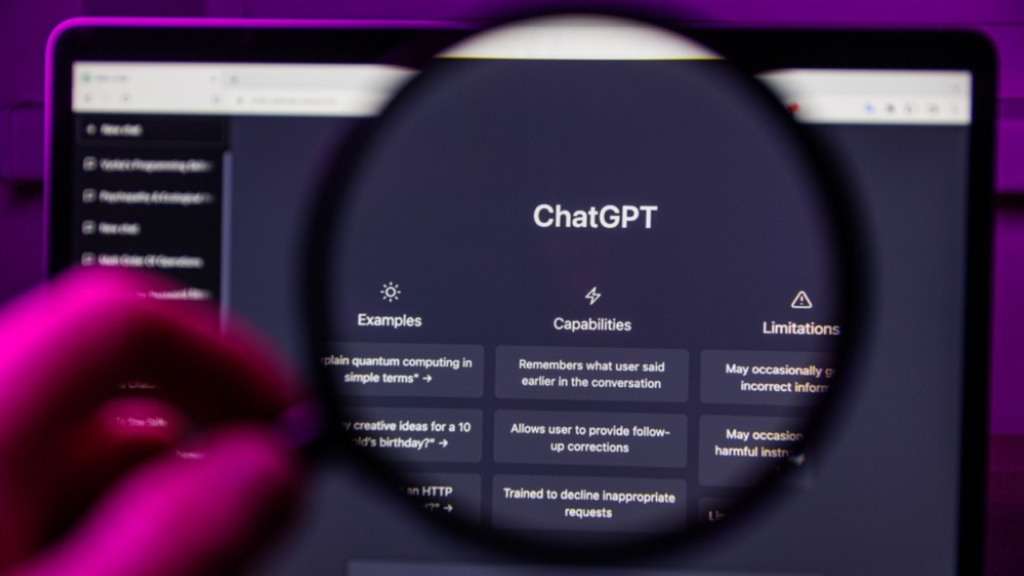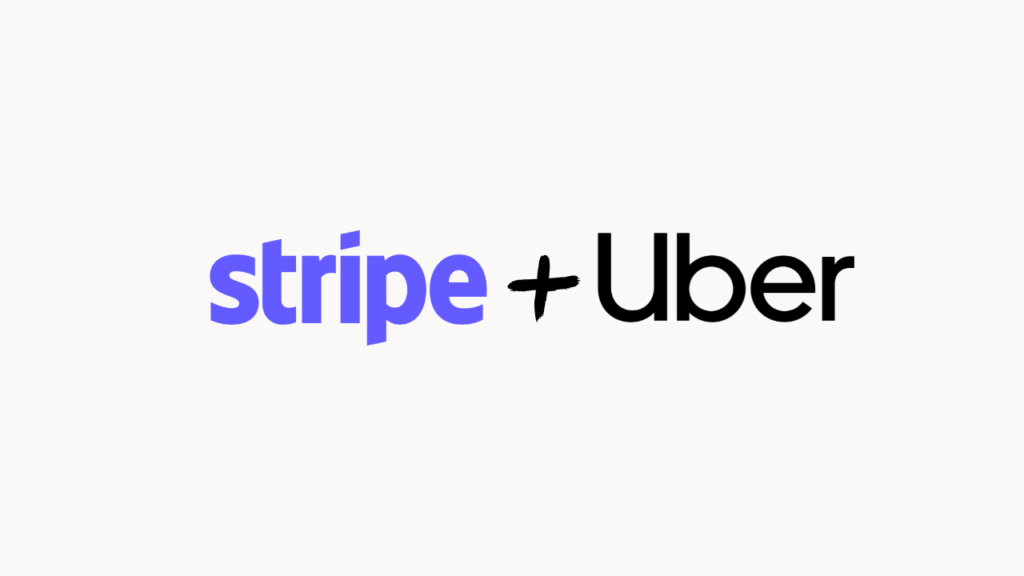Welcome to our weekly news digest, where we are bringing you the latest security, fintech, and technology news updates. Today’s edition discusses the recent cybersecurity breach where hackers exploited ChatGPT on Facebook to spread malware. Besides, we explore Google’s latest efforts to say farewell to passwords by introducing more secure login methods, and we look closely at the exciting partnership between Stripe and Uber. We also delve into the ongoing trend of tech giants cutting jobs and embracing AI, leading to the permanent extinction of some roles. So, fasten your seat belts and join us for an informative and engaging ride.
Security

Hackers exploit ChatGPT on Facebook to spread malware
Facebook’s parent company, Meta, reported that hackers use ChatGPT-themed lures to spread malware across Facebook, Instagram, and WhatsApp. Meta discovered ten malware families using ChatGPT, based on multimodal language model GPT-4, and similar themes to deliver malicious software to users’ devices since March 2023.
One example saw threat actors create malicious browser extensions available in official web stores that claim to offer ChatGPT-based tools. They then promoted these extensions on social media and through sponsored search results to trick people into downloading malware. Meta attributed the distribution of Ducktail malware to Vietnamese threat actors who used AI-themed lures to compromise businesses with access to Facebook ad accounts. Meta blocked malicious links pointing to fake ChatGPT-themed pages that host and deliver malware.
Additionally, Meta has added new features to help business users better fend off malware attacks, including a new support tool that guides people step-by-step through identifying and removing malware and new controls for business accounts.
Google bids farewell to passwords with new passkeys for account access
Google has announced the global rollout of passkeys for its users, allowing for frictionless passwordless logins across devices, operating systems, and browsers. With passkeys, users’ authentication synchronizes across all their devices through the cloud using cryptographic key pairs, allowing them to sign in to websites and apps using the same biometrics or screen-lock PIN they use to unlock their devices.
This rollout comes almost a year after Google partnered with Apple, Microsoft, and the FIDO Alliance to make passwordless logins a reality. Passkeys are currently only compatible with personal accounts, with support for Workspace administrators to come soon.
Fintech

Stripe and Uber team up to offer users alternative payment options in 8 markets
Stripe, led by Collison brothers, has announced a “strategic payments partnership” with Uber, allowing users to import banking details to pay for services directly from bank accounts. The partnership will see the two companies initially work together in eight of Uber’s biggest markets, including the US, the UK, Canada, Mexico, Australia, and Japan. Financial details of the deal have not been disclosed, but a significant component of it will come from commissions Stripe will make from each transaction it powers on Uber’s platform. Stripe has been working on an Uber deal for years, with trials over the last three.
Technology
Tech giants cut jobs and embrace AI, leading to the permanent extinction of some roles
Major tech companies like Meta, Microsoft, and Google have implemented mass layoffs. According to Business Insider, since the start of 2022, more than 250 000 people were laid off to increase efficiency and profits. Along with lower wages for new hires, companies also eliminate positions that may never be filled again due to the implementation of artificial intelligence.
Indeed reports more than a 50% decline in software development job postings compared to the previous year. Morgan Stanley analysts predict that AI-based productivity drivers are on the way, and AI-assisted coding tools and sales tools could reduce the need for large workforces.
While AI may not necessarily eliminate tech jobs, it may reduce the need for human workers in some positions. The trend has significant implications for tech workers and those who aspire to work in the industry. AI has shown that even IT workers and software engineers can be affected by automation.









